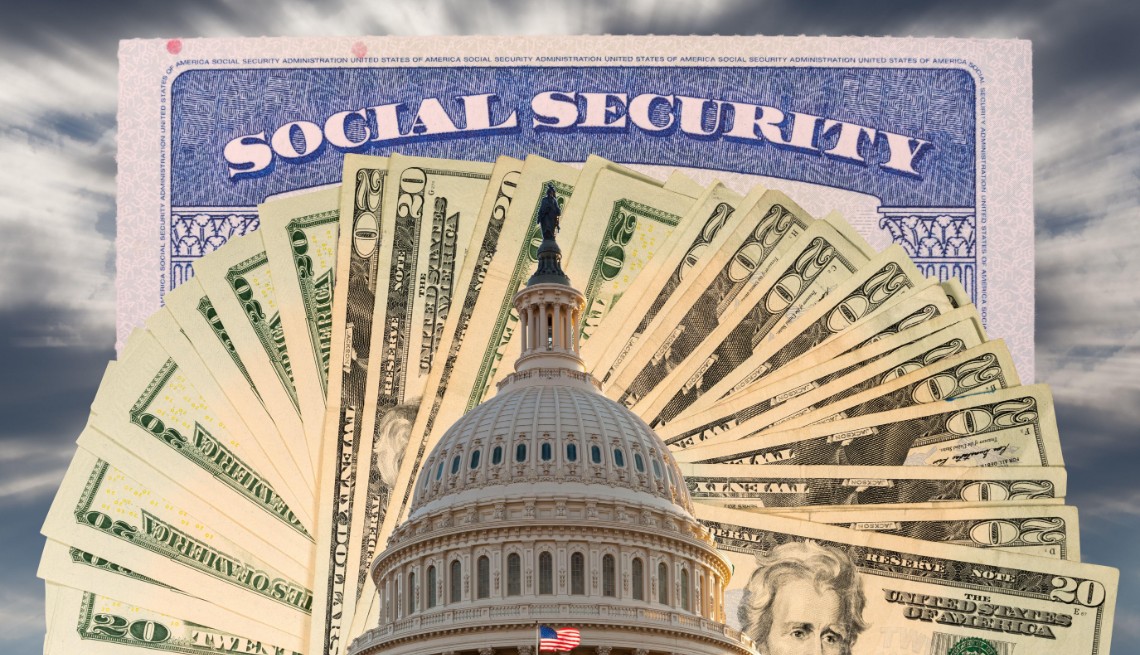
What happens to social security in a government shutdown?
- Select a language for the TTS:
- UK English Female
- UK English Male
- US English Female
- US English Male
- Australian Female
- Australian Male
- Language selected: (auto detect) - EN
Play all audios:

The Senate passed spending legislation March 14 that keeps the government operating through Sept. 30, the end date for the 2025 federal fiscal year. The measure, called a continuing
resolution (CR) and adopted by the House three days earlier, maintains 2024 spending levels for most federal agencies. But even if the federal government had shut down, or does in the
future, Social Security recipients would continue getting their monthly payments. In federal parlance, Social Security benefits are “mandatory spending.” They have a dedicated, permanent
funding source (primarily, the payroll taxes most of us pay on our work income) and are unaffected by the federal appropriations process. However, the Social Security Administration (SSA)
is not immune to the shutdown threat. Its administrative budget is discretionary — meaning it's subject to annual congressional approval. Lawmakers determine how much of Social
Security’s revenue can go toward operating expenses, such as processing benefit applications, renting space for local offices and paying employees’ salaries. [embedded content] The new CR
keeps the SSA operating at fiscal year 2024 funding levels. The agency is under a hiring freeze and announced plans last month to pare its workforce from about 57,000 employees to 50,000, a
12.3 percent cut. SHUTDOWN PLAN In the event of a government shutdown, which most recently occurred over the winter of 2018-19, the SSA has a detailed contingency plan laying out how it
would operate. This blueprint, most recently updated in September 2024, says the agency “will continue activities critical to our direct-service operations and those needed to ensure
accurate and timely payment of benefits.” JOIN OUR FIGHT TO PROTECT SOCIAL SECURITY Sign up to be an AARP activist and tell your lawmakers to protect Social Security for the hardworking
Americans who have earned it. Learn more about how AARP is safeguarding Social Security so it remains strong. Payroll tax revenue will continue to go into the trust funds that supply money
to cover retirement benefits, survivor benefits, family benefits and Social Security Disability Insurance (SSDI). The SSA says it has legal authority to process payments even if
congressional appropriations lapse. The SSA also administers Supplemental Security Income (SSI), a safety-net benefit for people with very low incomes who are visually impaired, have a
disability or are age 65 and older. While SSI is paid out of general government revenues, the SSA says it has enough previously appropriated money to continue making SSI payments for the
next three months, longer than any past shutdown.
